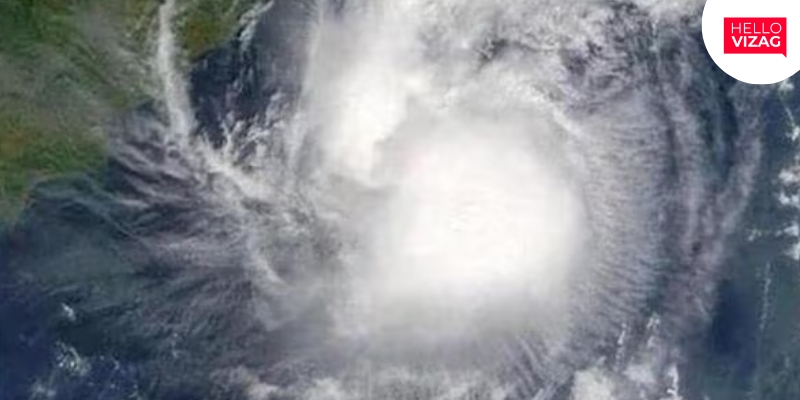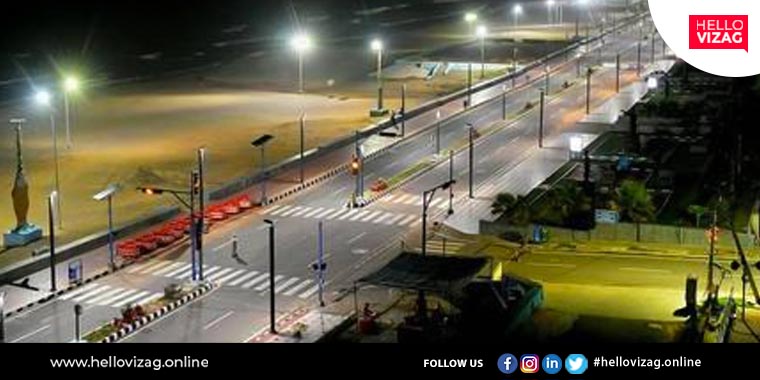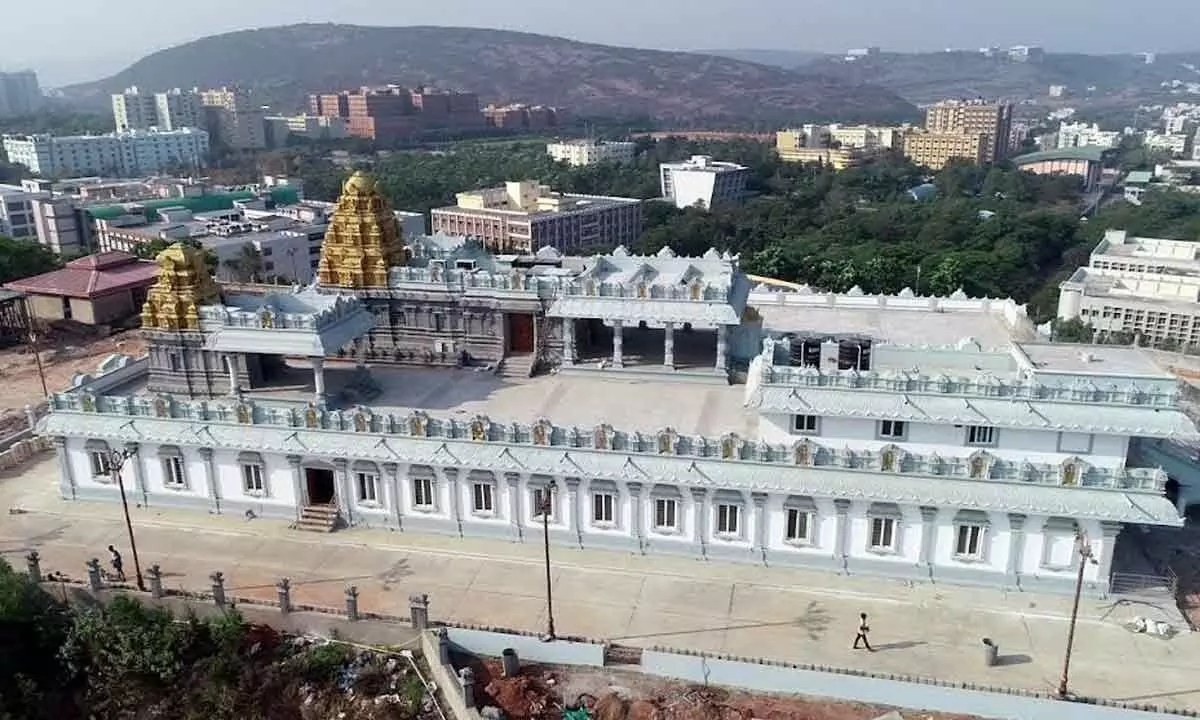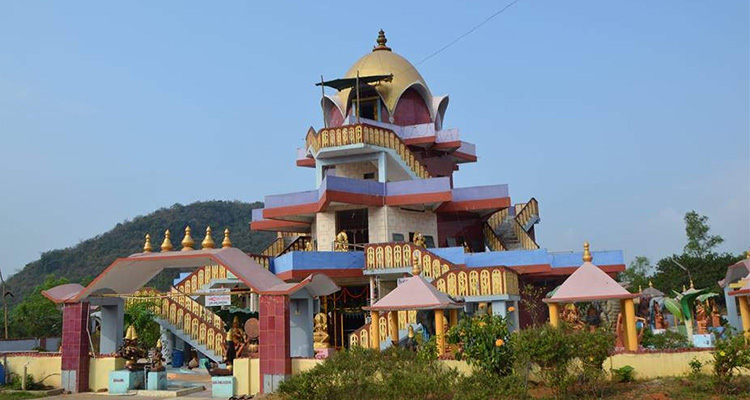Cyclone Remal to Reach West Bengal, Bangladesh Coasts by Sunday Evening: IMD Key Points
The India Meteorological Department (IMD) has announced that a low-pressure system over the Bay of Bengal is expected to intensify into a severe cyclonic storm, named Remal, by Sunday evening. This system will impact the coasts of West Bengal and Bangladesh, marking the first pre-monsoon cyclone in the Bay of Bengal this year.
Cyclone Development and Path
According to IMD scientist Monica Sharma, the low-pressure system will become a depression over the central Bay of Bengal by Friday morning. It is anticipated to further intensify into a cyclonic storm by Saturday morning, eventually reaching the coasts of Bangladesh and West Bengal as a severe cyclonic storm by Sunday evening. The cyclone is predicted to reach wind speeds of up to 102 kilometres per hour.
Weather Warnings and Advisories
The IMD has issued warnings of very heavy rainfall for the coastal districts of West Bengal, north Odisha, Mizoram, Tripura, and south Manipur on May 26-27. Fishermen are advised to return to the coast and avoid venturing into the Bay of Bengal until May 27 due to the impending storm.
Impact of Sea Surface Temperatures
The formation and intensification of Cyclone Remal are attributed to the warmer sea surface temperatures in the Bay of Bengal, which have been notably high over the past 30 years. According to senior IMD scientist DS Pai, these warmer temperatures lead to more moisture in the atmosphere, favoring the intensification of cyclones.
Former secretary of the Union Ministry of Earth Sciences, Madhavan Rajeevan, highlighted that a sea surface temperature of 27 degrees Celsius or above is necessary for a low-pressure system to develop into a cyclone.
Currently, the Bay of Bengal's temperature is around 30 degrees Celsius, making conditions ideal for cyclone formation. However, the development of tropical cyclones is also influenced by vertical wind shear, a change in wind speed and direction with altitude. High vertical wind shear can weaken a cyclone, preventing its intensification.
Conclusion
As Cyclone Remal approaches, authorities and residents in the affected regions are urged to take necessary precautions and stay informed about further updates from the IMD. The increased frequency and intensity of such cyclones underscore the broader impacts of climate change, necessitating enhanced preparedness and resilience measures.
For More Updates: Follow Us https://www.instagram.com/hellovizag.in/

 Team Hello Vizag
Team Hello Vizag




















